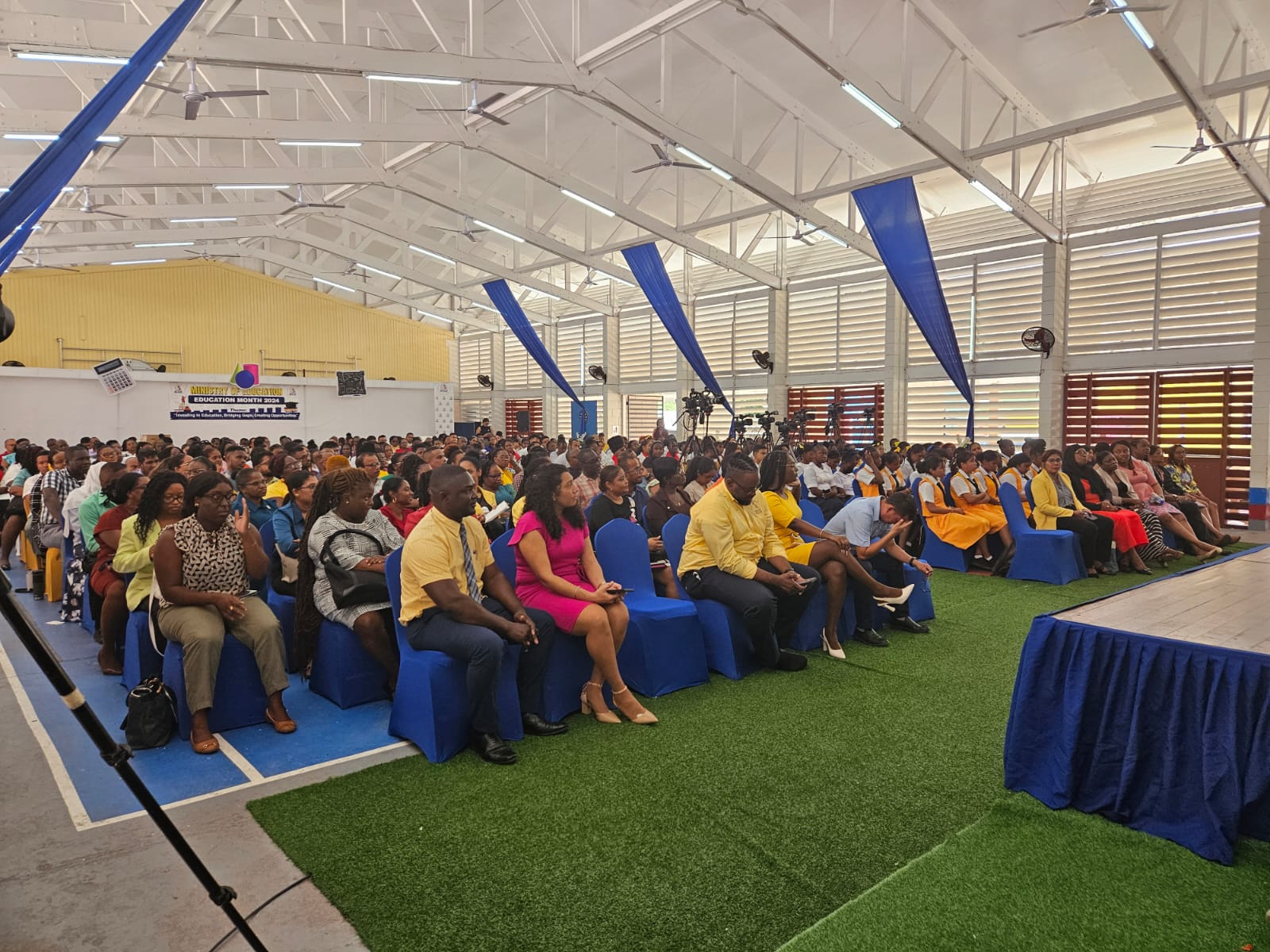On Tuesday, the Ministry of Education launched a revised Mathematics Intervention Programme aimed at enhancing Guyana’s national math performance at the Caribbean Secondary Education Certificate (CSEC) level.
Chief Education Officer Saddam Hussain, who once criticized the previous initiative, now believes the new programme will yield significant improvements.
Fifty individuals—including retired math teachers, those with math degrees, and university lecturers—will monitor classrooms to ensure effective teaching.
Mathematics, a critical subject for many, experienced a decrease in its pass rate, falling from 34% last year to 31% this year. In contrast, Additional Mathematics saw a significant increase, achieving a pass rate of 53%.
The schools selected for this programme were chosen based on their historically low math pass rates, such as Grade 4 at CSEC. The programme targets fourth and fifth form students.
The Ministry aims to achieve a 45 to 50 percent pass rate in math through this initiative. Students in the participating schools will receive essential resources, including past math papers, scientific calculators, geometry sets, and textbooks.
Key components of the programme include standardized diagnostic tests, national mock exams, fortnightly worksheets, and twice-weekly math lessons on the Guyana Learning Channel. Additionally, students will have access to a dedicated hotline, “736 MATH,” to report any issues with their math instruction.
For the first time in Guyana, Hussain announced that “teachers and schools are going to be held accountable for the [math] results.” He also recognized the need for more coaching and support for schools.
“We hope that these measures will help the students to ensure that they do well in CSEC. If students are present and they are taught, they will pass,” Hussain said.
The measures announced are designed to achieve short-term improvements in math performance. Long-term plans include offering math specialization for primary teachers starting in September this year. Additionally, teachers specializing in primary math, English, science, and social studies will be required to teach more content in their classrooms.
“Mathematics teachers, teach the students; if not, we are coming,” Hussain warned as he concluded his remarks.
Minister of Education Priya Manickchand also addressed the issue, highlighting that mathematics is a regional and international challenge. “The world has a problem with mathematics and English, and that has been written about and spoken about. Guyana has to deal with both and not necessarily while we wait on our Caribbean counterparts to put up initiatives.”
She noted that a previous intervention had raised schools’ math performance by at least 10 percent in recent years. Manickchand emphasized that if an entire class is struggling, it often points to a teacher-related issue.
“I don’t believe children can’t learn regardless of which school they are in or what grade they got at NGSA, so part of the problem is what we are teaching, how we are teaching, and who we are putting to teach,” Manickchand said.
She also shared her personal experience of how math can be a dreaded subject. “I hated mathematics because we had a teacher who didn’t teach mathematics,” Manickchand admitted, adding that some teachers might struggle with teaching certain topics effectively.
Manickchand highlighted that the monitors will also be assessed on their performance. “We are signing you up to use your expertise and your God-given talent, honed over the years, to go into classrooms and ensure that teachers are following the curriculum and not introducing new topics before CXC. They must complete the curriculum and teach effectively.”
Parents were encouraged to support their children’s engagement with the programme. “You have to do that, and if there is an absence of parental supervision, your child will suffer and be at a disadvantage,” Manickchand said.














